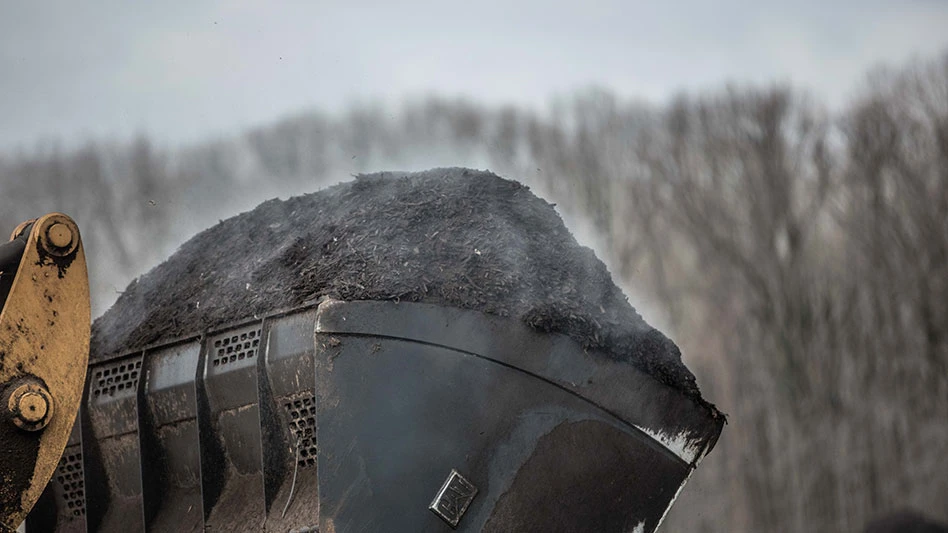
Photo courtesy of Denali
Denali, a nationwide collector and processor of organic materials based in Russellville, Arkansas, has renewed its agreement with Walmart to provide food waste recycling at its 4,700 stores in the United States.
Denali says the existing program allows it and Walmart to “annually divert millions of pounds of food that is no longer edible away from landfills and toward beneficial uses such as creating compost, feeding animals and generating renewable energy.”
“Walmart is a leader and innovator in making retail more sustainable [and] Denali is proud to provide services that bring Walmart closer to its goal of zero waste in its U.S. operations by 2025,” Denali CEO Todd Mathes says.
Denali cites new innovations in recycling technology as backing its prediction that the amount of waste avoided will grow immensely over the next five years. The firm says it will continue to ally with Walmart to explore new strategies and tools to reduce food waste and maximize the positive impacts of recycling.
Across its operations, Denali says it recycles more than 5 million tons of organic materials each year, a significant portion of which comes from grocery retailers like Walmart.
“The greenhouse gas mitigation impact of Denali’s recycling food waste, which is one of several waste streams Denali manages, is annually equivalent to taking approximately 100,000 cars off the road or providing electricity to more than 60,000 homes for one year,” the company says.
Denali works with compost manufacturers, including its own network of 24 compost facilities, to turn food waste into soil amendments, and it partners with farms to supply certain types of food waste as feed for animals. The company also feeds food waste into anaerobic digesters for the creation of alternative energy.
Latest from Waste Today
- US Senate backs reduced cuts to EPA
- Waste Connections announces Q2 results
- Returnity and Cosmoprof to address reusable bag waste
- SWANA releases report on aging WTE facilities
- New economic assessment reveals cost benefits of California’s SB 54
- Premier Truck Sales & Rental opens new facility
- TeknTrash Robotics, Sharp Group partner on humanoid robot pilot
- Stadler equips mixed waste sorting plant in Sweden





